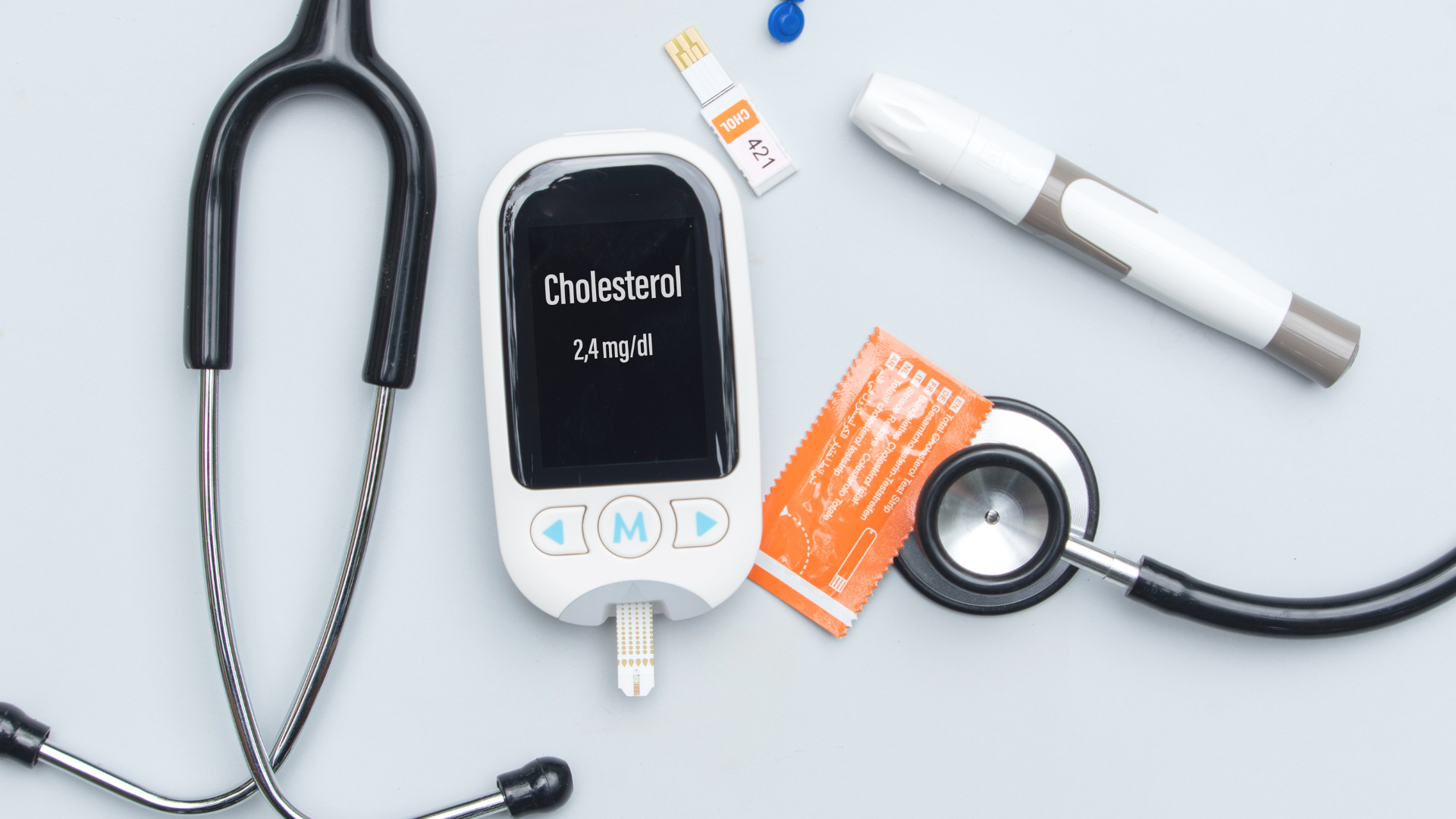As we enter our 40s and beyond, our bodies begin to undergo a wide range of changes. One of the most noticeable—and often least discussed—is how our digestion and gut health evolve. From slower metabolism to changes in gut flora and enzyme production, maintaining a healthy digestive system becomes increasingly important with age.
In this comprehensive guide, we’ll explore why digestion changes after 40, the signs of declining gut health, and practical ways to support your digestive system to promote long-term wellness.
Table of Contents
- Understanding the Gut and Its Importance
- Why Digestion Changes After 40
- Hormonal Changes
- Decreased Stomach Acid
- Slower Metabolism
- Changes in Gut Microbiome
- Medication Use
- Hormonal Changes
- Common Digestive Issues After 40
- How to Improve Gut Health After 40
- Eat a High-Fiber Diet
- Stay Hydrated
- Probiotics and Prebiotics
- Limit Processed Foods and Sugar
- Stay Physically Active
- Manage Stress
- Eat a High-Fiber Diet
- Best Foods for Gut Health After 40
- When to See a Doctor
- Final Thoughts
Understanding the Gut and Its Importance
The gut, often referred to as the “second brain,” plays a vital role in overall health. It is responsible not only for digesting food and absorbing nutrients but also for immune function, hormone regulation, and mental well-being.
After age 40, our bodies begin to experience physiological changes that can impact the efficiency of these functions. The gut microbiome—trillions of bacteria living in our intestines—also begins to shift, which can affect everything from digestion to immunity and even mood.
Why Digestion Changes After 40
1. Hormonal Changes
As we age, hormonal shifts become more pronounced, especially for women approaching perimenopause or menopause. Estrogen and progesterone levels decline, affecting the speed at which food moves through the digestive tract. This can lead to symptoms like bloating, constipation, or gas.
In men, a gradual decline in testosterone levels can also alter metabolism and digestion indirectly.
2. Decreased Stomach Acid
With age, the production of stomach acid (hydrochloric acid) naturally declines. Stomach acid is essential for breaking down food and absorbing nutrients such as vitamin B12, calcium, and iron. Low stomach acid can lead to:
- Poor nutrient absorption
- Heartburn or acid reflux
- Bloating and indigestion
3. Slower Metabolism
The body’s metabolic rate slows down after 40, which means food is processed more slowly. This can cause:
- Sluggish digestion
- Weight gain
- Increased risk of constipation
A slower metabolism also means that high-fat and processed foods may linger in the system longer, contributing to discomfort and poor gut health.
4. Changes in Gut Microbiome
The gut microbiome naturally changes with age. Certain beneficial bacteria may decline, while harmful strains can increase, leading to:
- Weakened immunity
- Inflammation
- Poor digestion
- Food sensitivities
Maintaining a diverse and balanced microbiome is crucial for optimal health after 40.
5. Medication Use
Many adults over 40 begin taking medications for blood pressure, cholesterol, or joint pain. While often necessary, these drugs can have side effects that disrupt the gut, including:
- Antibiotics that kill good bacteria
- NSAIDs that irritate the stomach lining
- Proton pump inhibitors (PPIs) that reduce stomach acid
Common Digestive Issues After 40
People over 40 often report increased frequency or intensity of the following digestive problems:
- Gas and bloating
- Constipation
- Heartburn and acid reflux
- Indigestion
- Irritable bowel syndrome (IBS)
- Food intolerances (e.g., lactose, gluten)
If these symptoms persist, they can negatively impact quality of life and even lead to long-term health issues.
How to Improve Gut Health After 40
Taking care of your gut becomes more critical after 40. Here are evidence-based strategies to promote a healthier digestive system:
1. Eat a High-Fiber Diet
Fiber helps food move smoothly through your digestive tract and feeds good gut bacteria.
Include:
- Whole grains (oats, brown rice, quinoa)
- Legumes (beans, lentils)
- Fruits (berries, apples, pears)
- Vegetables (broccoli, spinach, carrots)
- Nuts and seeds
Aim for 25–30 grams of fiber daily.
2. Stay Hydrated
Water is essential for digestion and preventing constipation. As you age, your sense of thirst decreases, so be intentional about drinking at least 2–3 liters of water daily.
3. Probiotics and Prebiotics
- Probiotics (like yogurt, kefir, sauerkraut) provide beneficial bacteria
- Prebiotics (like bananas, garlic, onions, oats) feed those bacteria
Consider a high-quality probiotic supplement, especially if you’ve taken antibiotics or have persistent gut issues.
4. Limit Processed Foods and Sugar
Highly processed foods, artificial sweeteners, and excess sugar can negatively impact your gut bacteria, increasing inflammation and digestive distress.
Choose whole, nutrient-dense foods as often as possible.
5. Stay Physically Active
Exercise supports digestion by:
- Improving gut motility
- Reducing stress
- Enhancing microbiome diversity
Aim for 30 minutes of moderate activity (like walking, yoga, or swimming) 5 times a week.
6. Manage Stress
Chronic stress disrupts gut-brain communication and can worsen digestive symptoms.
Tips to reduce stress:
- Mindfulness meditation
- Deep breathing exercises
- Journaling
- Adequate sleep (7–8 hours/night)
Best Foods for Gut Health After 40
Here are top gut-friendly foods for people in their 40s and beyond:
- Greek Yogurt – Rich in probiotics and protein
- Kimchi and Sauerkraut – Natural fermented foods for microbiome health
- Asparagus, Onions, Garlic – High in prebiotics
- Oats – Great source of fiber and prebiotics
- Leafy Greens – Alkalize the gut and reduce inflammation
- Berries – Packed with antioxidants and fiber
- Bone Broth – Supports gut lining repair
- Flaxseeds and Chia Seeds – Omega-3s and fiber boost
When to See a Doctor
While some digestive discomfort is normal with aging, chronic symptoms shouldn’t be ignored. Consult a healthcare provider if you experience:
- Persistent abdominal pain
- Blood in stool
- Unexplained weight loss
- Severe bloating or gas
- Ongoing constipation or diarrhea
These may signal underlying issues like ulcers, polyps, or even colorectal cancer, which becomes more prevalent with age.
Final Thoughts
Your 40s are a critical decade for gut health. The changes in digestion are natural but not inevitable—how you eat, move, and live can significantly impact your digestive wellness.
By understanding the shifts happening in your body and making small, sustainable changes to your diet and lifestyle, you can maintain a healthy gut well into your 50s, 60s, and beyond. Prioritizing gut health after 40 is not just about digestion—it’s about boosting energy, immunity, mood, and longevity.
Remember: A healthy gut = a healthier you.





